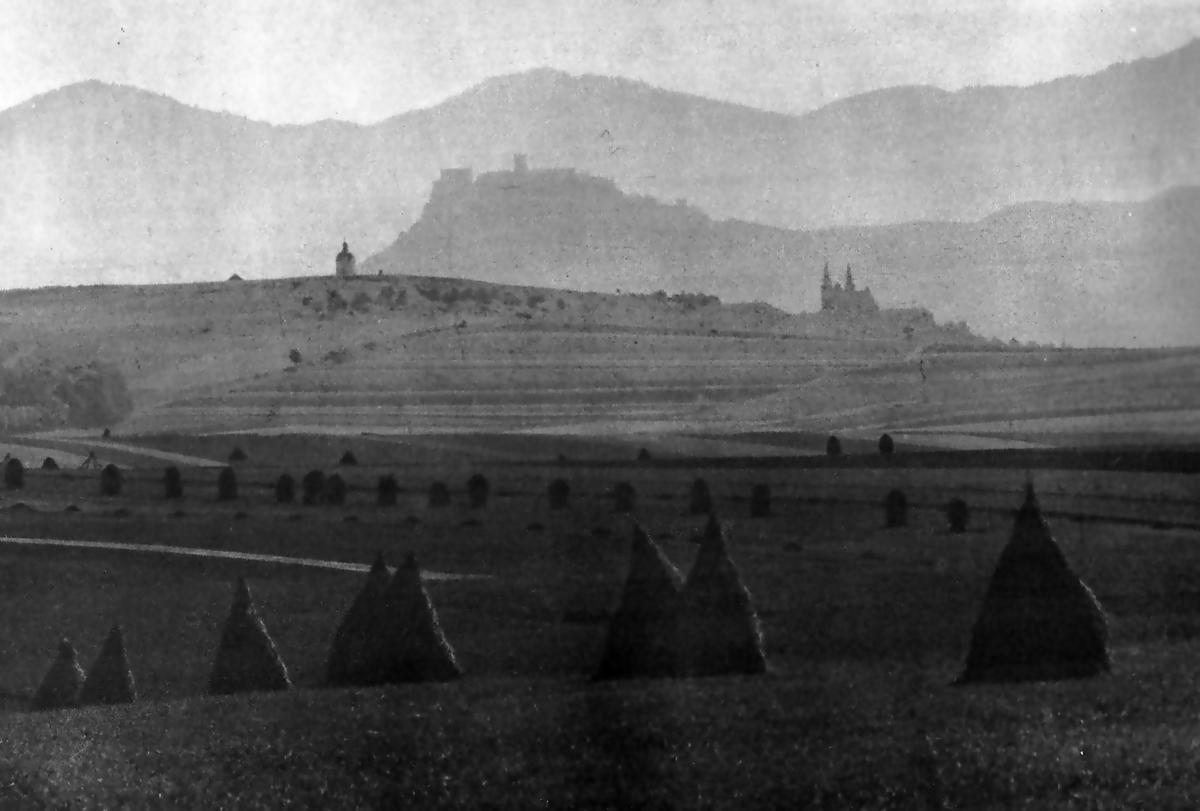“Be generous in prosperity, and thankful in adversity. Be worthy of the trust of thy neighbor, and look upon him with a bright and friendly face. Be a treasure to the poor, an admonisher to the rich, an answerer of the cry of the needy, a preserver of the sanctity of thy pledge.”
W. G. Sebald Said He Stayed True To His Subjects In Big Things and Invented Only Details. That Was A Lie.
New treatment destroys head and neck cancer tumours in trial Guardian
A Different Sort of Truth ConsortiumNews I keep lugging Guantanamo Diary around but have yet to find the time to read it.
Already own a trained arabian hunting falcon? Collateralize it. Secure a loan financing another falcon. That falcon? Collateralize it too. There's no end to the number of falcons you can buy. The bank bundles its interests into a Falcon Backed Security and sells it. EVERYONE WINS pic.twitter.com/l5Ob8Yj17o
— 𓅃 UAE Exotic Falconry & Finance (@FalconryFinance) October 9, 2021
A Fascinating Group Attempt At Understanding Tolstoy
‘Life Is Simple’ Review: A Blade to Shave Away Error WSJ
The Invention of “Xenophobia” Los Angles Review of Books
LEGO to release a 9,090-piece scale model of the Titanic — its biggest set ever CNN
Exclusive: US counterterrorism operations touched 85 countries in the last 3 years aloneUSA Today
How Other Nations Pay for Child Care. The U.S. Is an Outlier. New York Times: “Once not a fetus, you’re on your own, get a job.”
Tatranka Vrbov Folklore Dances
Following up on my previous post, Thoughts on Law Prof Work-Life Imbalance From Those Left Behind (by Patricia Sun, the widow of American University Washington College of Law Professor Andy Taslitz, who died at the age of 57):
Wall Street Journal, Burned Out? Maybe You Should Care Less About Your Job:
Boundaries gone, meetings multiplying, many say work has taken over their lives during the pandemic. Here’s how to gain perspective and take back control.
When Jonathan Frostick realized he was having a heart attack in April—sitting at his desk on a Sunday, prepping for the workweek—he thought about his wife and his will.
He also thought: “I needed to meet with my manager tomorrow, this isn’t convenient,” prefacing the comment with an expletive.
The 45-year-old financial-services worker survived, and changed his life. The non-negotiables on his calendar now are thrice-weekly swims and dropping his youngest son off at nursery school. In his (fewer) hours on the job, he says he’s calm, decisive, above the fray. When he has too much on his plate, he leaves the work for another day. He insists on 30-minute meetings that stay on point.
Old NY mobsters reportedly fear handing over reins to phone-obsessed, soft millennials New York Post. Paul R: “Bwahaha. I’m glad someone is finally figuring this out, even if it’s the mob.” One pervasive example of street smarts fail for anyone in a city: listening to music while walking on the street. You can’t hear ambient noises, or not well enough. Asking to be mugged.
World History, According To Disneyland
They announced the winner of this year's Nobel Prize in Literature on Thursday and, yet again, Murakami Haruki did not win it.
That's not a huge surprise -- a lot of authors are among the betting favorites, year after year, and don't get the prize -- but they make a fairly big deal about it in Japan; see, for example, Katie Pask on how Haruki Murakami denied Nobel Prize in Literature AGAIN, so summer is officially over.
There are any number of other authors where, year in, year out we hear (or heard) about the outrage/disappointment of them falling short yet again -- Philip Roth, for one -- but Murakami strikes me as an unusual case in that the Japanese seem to be convinced that he's their only contender. The idea that any other Japanese author could win doesn't seem to get much traction -- it's Murakami or nothing (and, so, year after year, it's nothing). There must be some small countries which similarly pin all their hopes on one author, but generally the national complaints are about a whole language/literature being overlooked -- no Dutch-writing author ever getting the prize, no Korean author, etc.
It's all the more surprising since contemporary Japanese literature is much, much more than a one-author-show. True, as far as what's available in translation the selection is still surprisingly limited -- but still, Japanese is the most-translated non-European literature and a lot of very good writing should be coming to the attention of even the Swedish Academy. (To be considered for the prize, authors must be nominated, by someone from the pool of experts and former winners that the Swedish Academy relies on; there's no doubt that several of these experts are Japanese and it's likely that these predominantly nominate Japanese authors; given that Murakami is not a literary-establishment-favorite in Japan it also seems likely that those nominations are of other Japanese authors.)
In The Japan Times Tomohiro Osaki wonders -- like so many in Japan apparently do -- Why is the Nobel Prize so elusive for Haruki Murakami ? It's an interesting overview -- though I think the more interesting question is why there aren't more Japanese authors considered Nobel-worthy -- both by the Japanese public, as well as, apparently, the Swedish Academy -- and, indeed, why none has won the prize since 1994.
